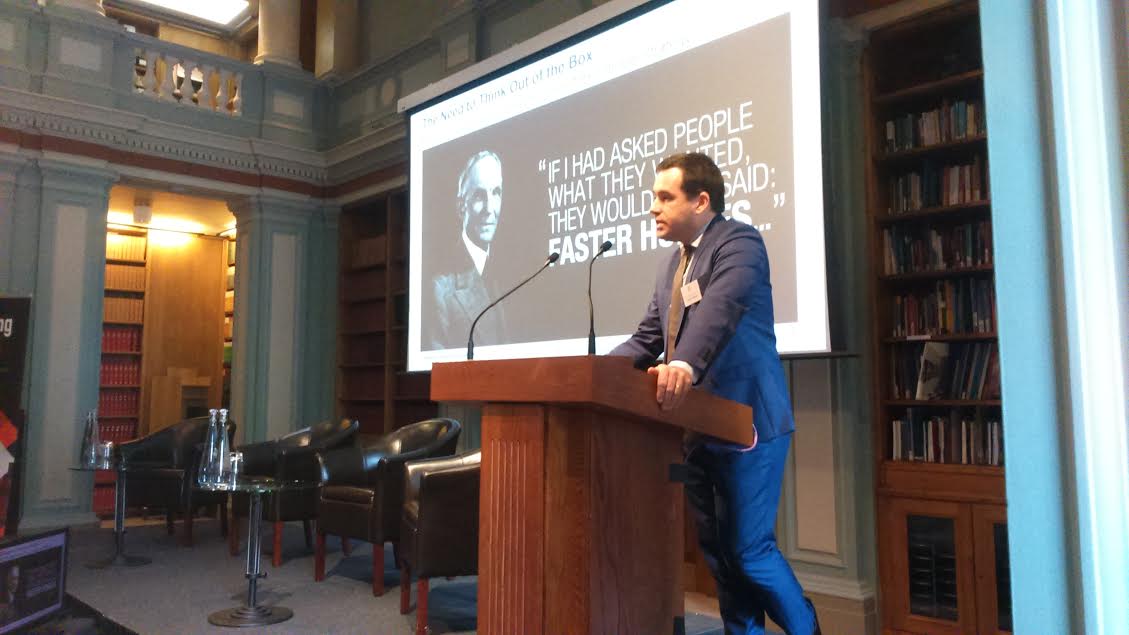Frost & Sullivan: Traditional banks are not well placed in relation to startups
- Thursday, March 23rd, 2017
- Share this article:
 In a world dominated by mobile, commercial banks have struggled to cope with disruptive fintech startups – which have revolutionised the way we all store our money through their various financial apps and websites.
In a world dominated by mobile, commercial banks have struggled to cope with disruptive fintech startups – which have revolutionised the way we all store our money through their various financial apps and websites.
The emergence of digital financial services has left traditional banks struggling to connect in this digital age and, according to Jean-Noël Georges, global program director and research manager at Frost & Sullivan, this has left banks in a bad position digitally – mainly due to the centralisation of all of their services.
Speaking at the Mobile Marketing Finance Summit, Georges said: “As a result, flexibility is not an easy task for these types of companies that suits the new demand with a new generation. You have a new generation asking for specific services – real-time services, cost efficient services and flexibility – and banks are not in a good way to offer this much.
“Thanks to mobile, and thanks to cloud-based applications, consumers are really keen to have 24/7 access to financial services.”
Frost & Sullivan thinks there is huge potential for investment in the digital finance industry. It predicts there will be a market investment of $30bn by 2020.
“There’s a huge potential market for more investment in the areas like chatbots and social media,” said Georges. “Chatbots are really a new way to interact with customers – some of us are reluctant, some of us are really happy to have a chatbot discussion – and the big-time investment for banks is really huge.”
Despite Georges’ appreciation of the need for investment in fintech by financial services companies, he also made it clear that fintech is the home to a host of subdivisions.
He said: “Referring to payments, you have paytech. Referring to regulation, you have regtech. Referring to security, you have securetech. So, all these companies are creating a new market with subdivisions where are specifically addressing part of whole fintech ecosystem.”
Of companies’ investment in these areas, they must put great importance on investment in data and analytics, the use of AI and payments.
The technology to collect data in real-time now exists, and there are loads of devices that can collect this information.
“We have the things to do the analytics in real-time. We have more devices collecting information… Insurance companies are trying to push this type of technology to customise services from this information.
“This real-time analysis is really useful for fraud management.”
In addition, Georges believes it is important for financial services companies to begin using AI and machine learning to improve the collection of data and detect fraud – meaning money saved for the company.
“You can now imbed a new system in your fraud management and data analytics, which uses machine learning, to improve the way you are collecting data, extracting information and solutions.
“For a bank, detecting the fraud is one piece of the puzzle, you must also anticipate because the company must cover this detection and make the right corrections as soon as you can get there – in real-time, before the detection even happens.”
Georges also pointed out the importance of payments for financial services companies and the need for financial services companies to look toward NFC payments and peer-to-peer payments.
















